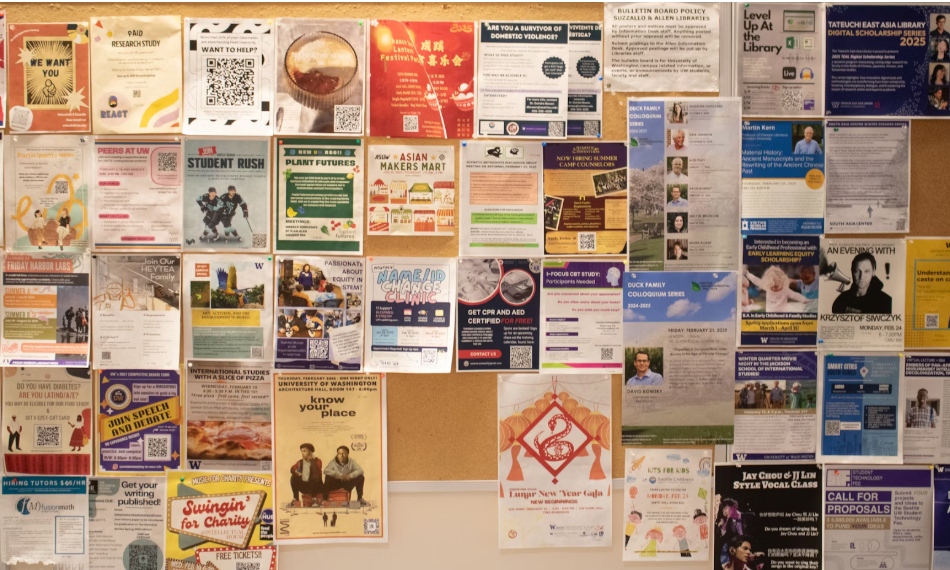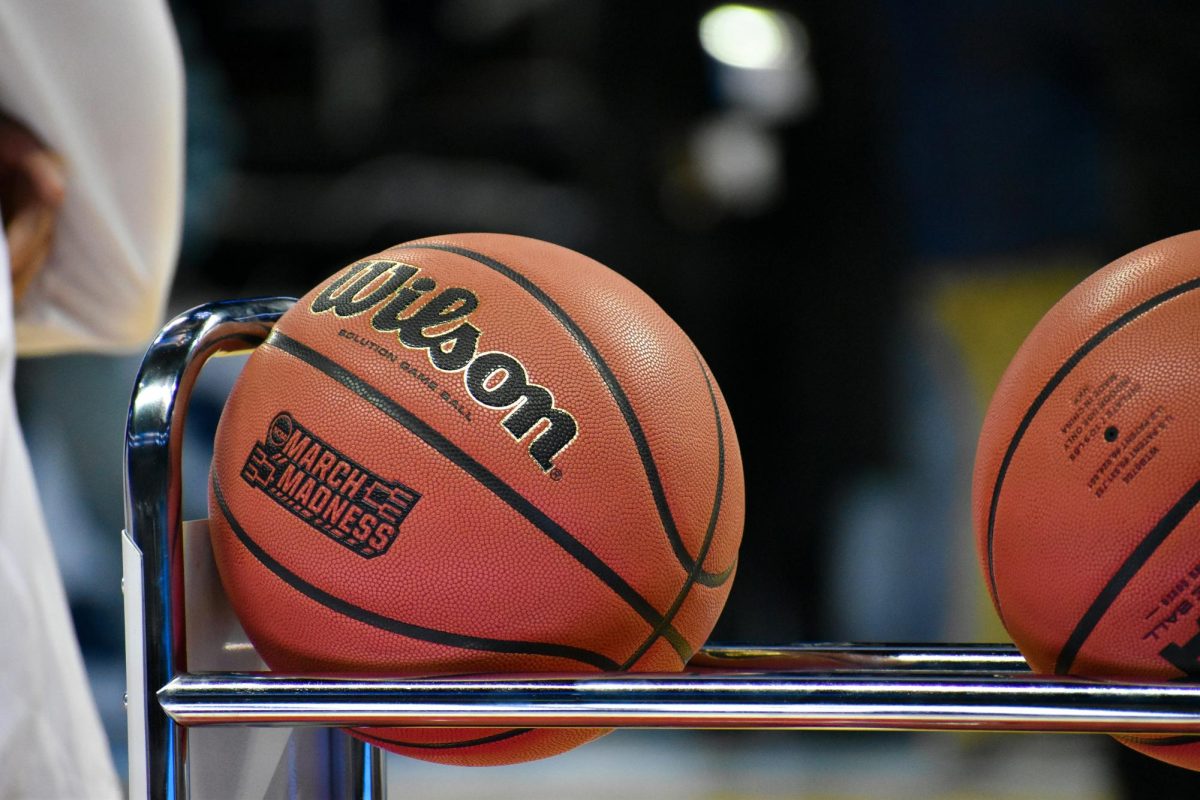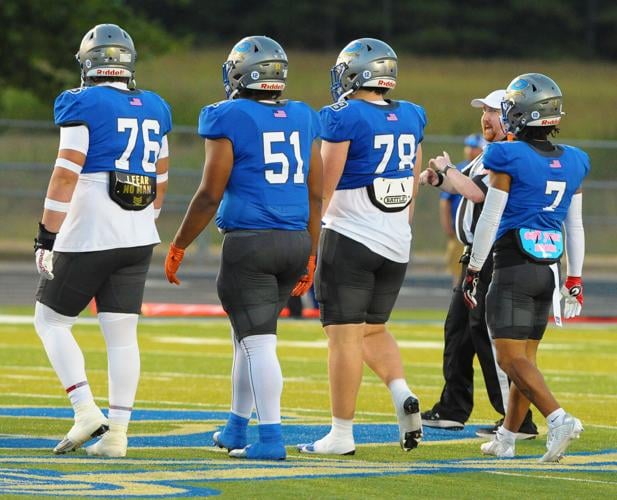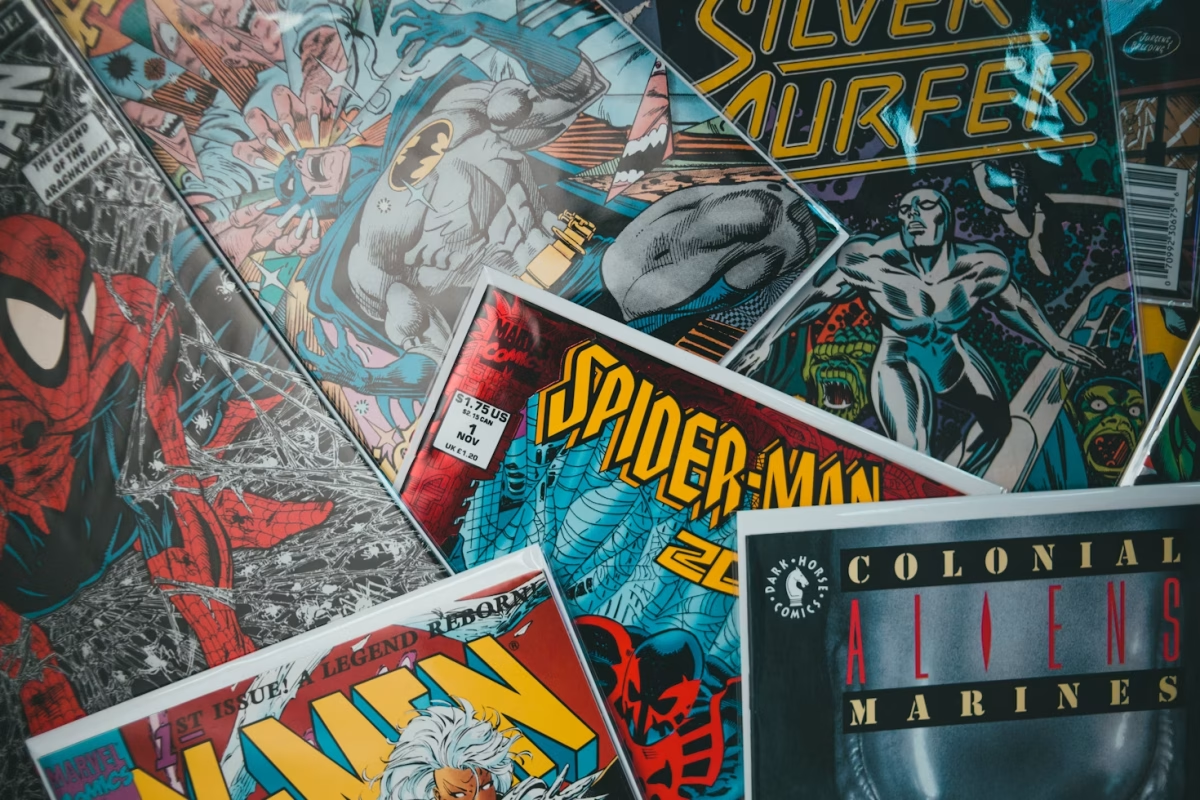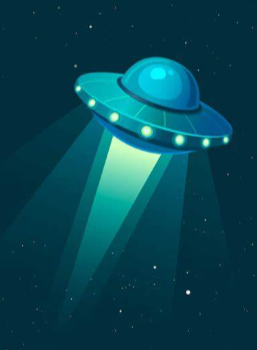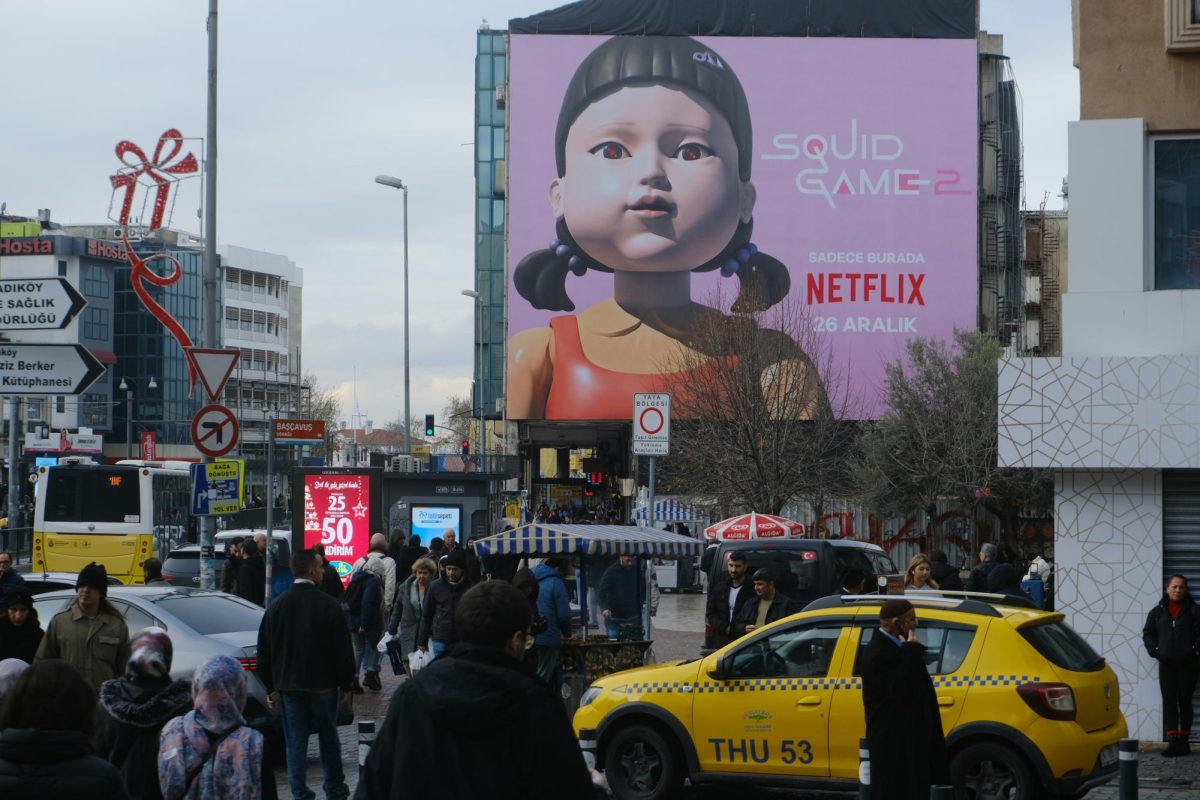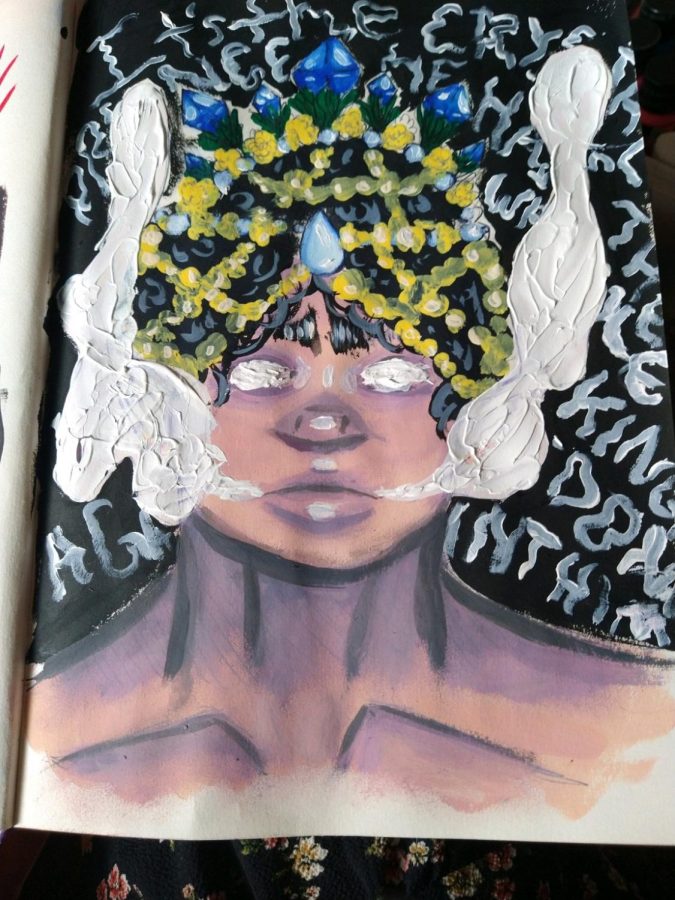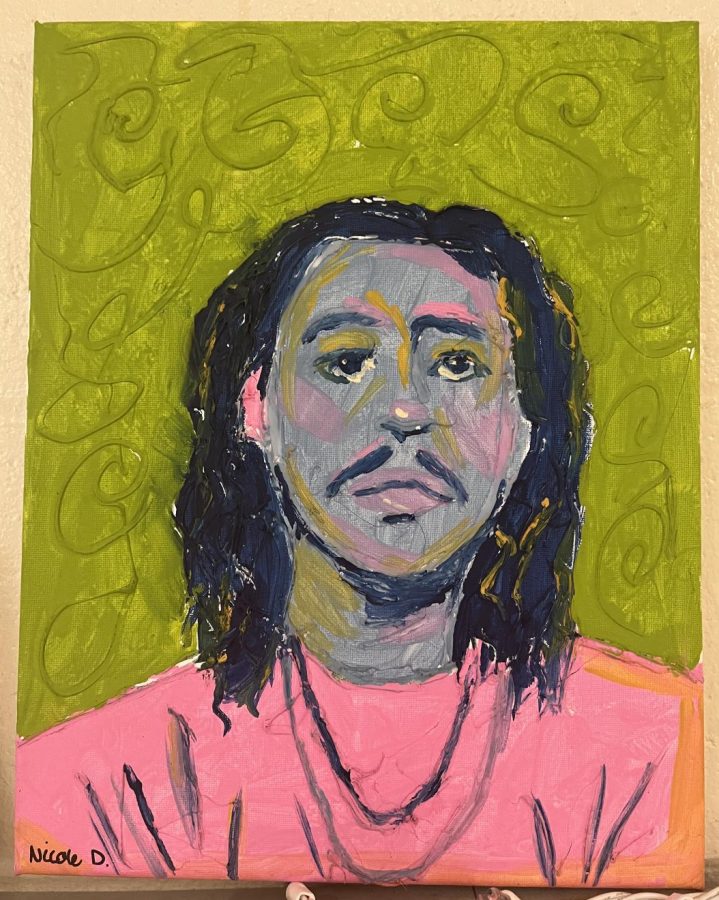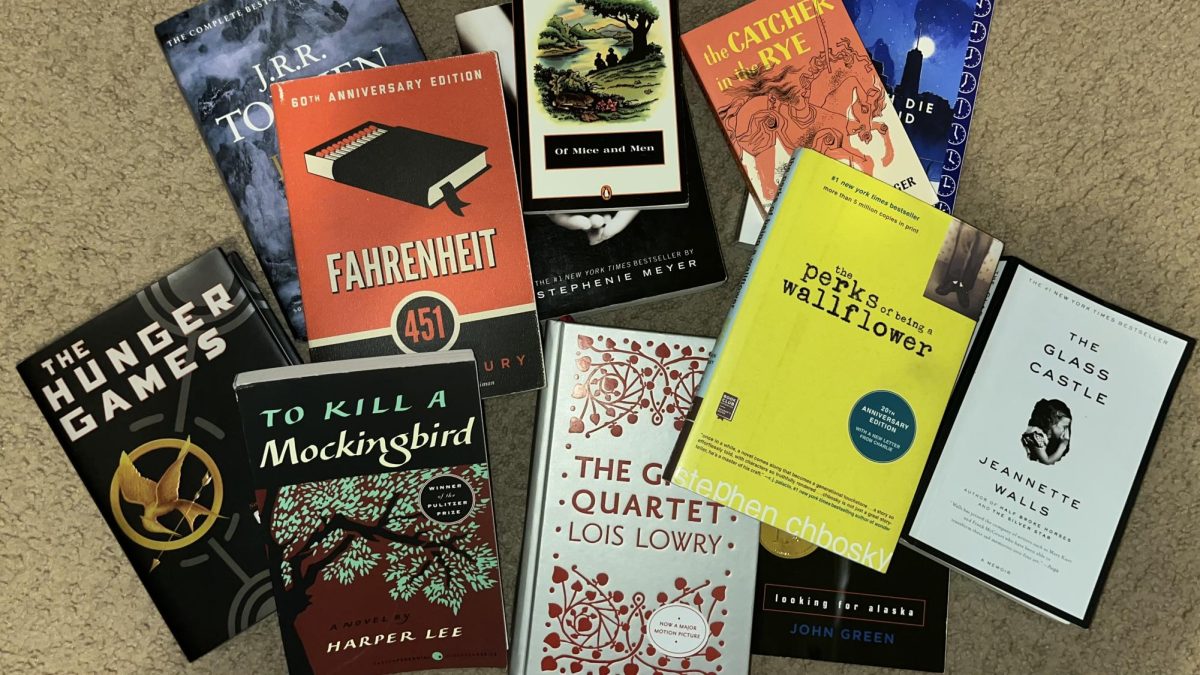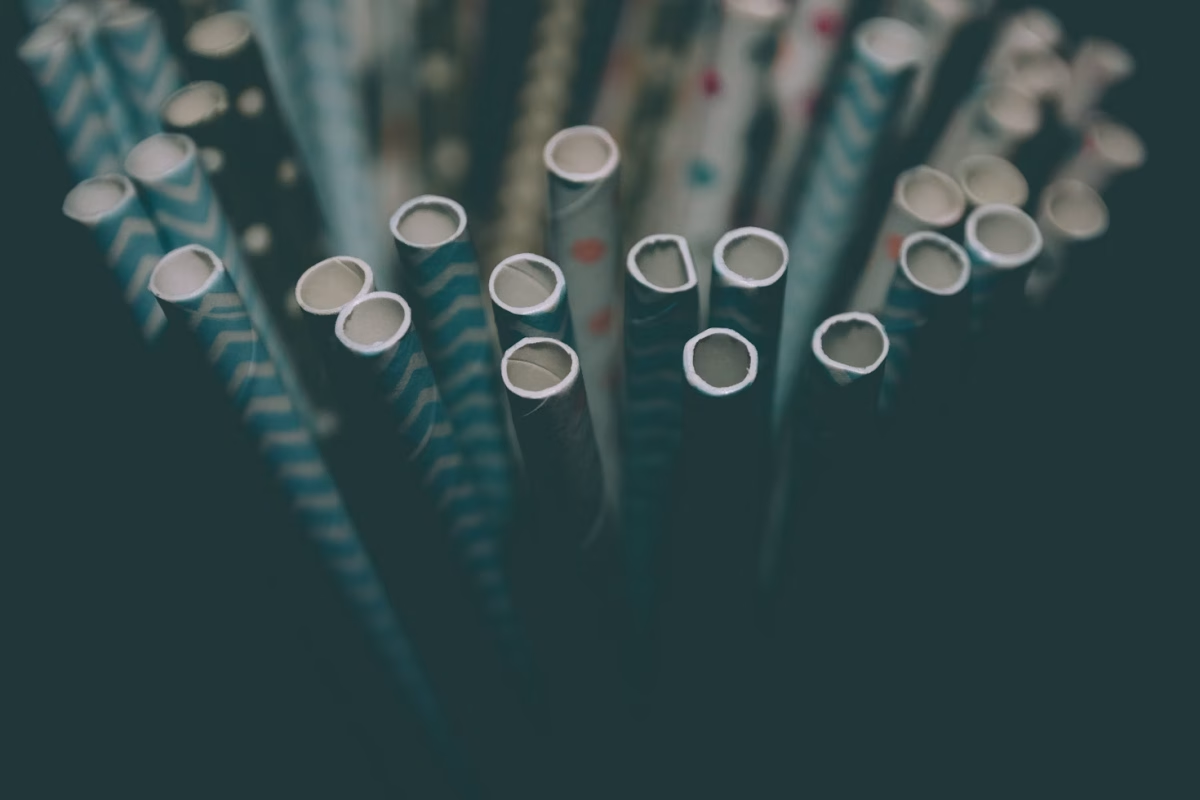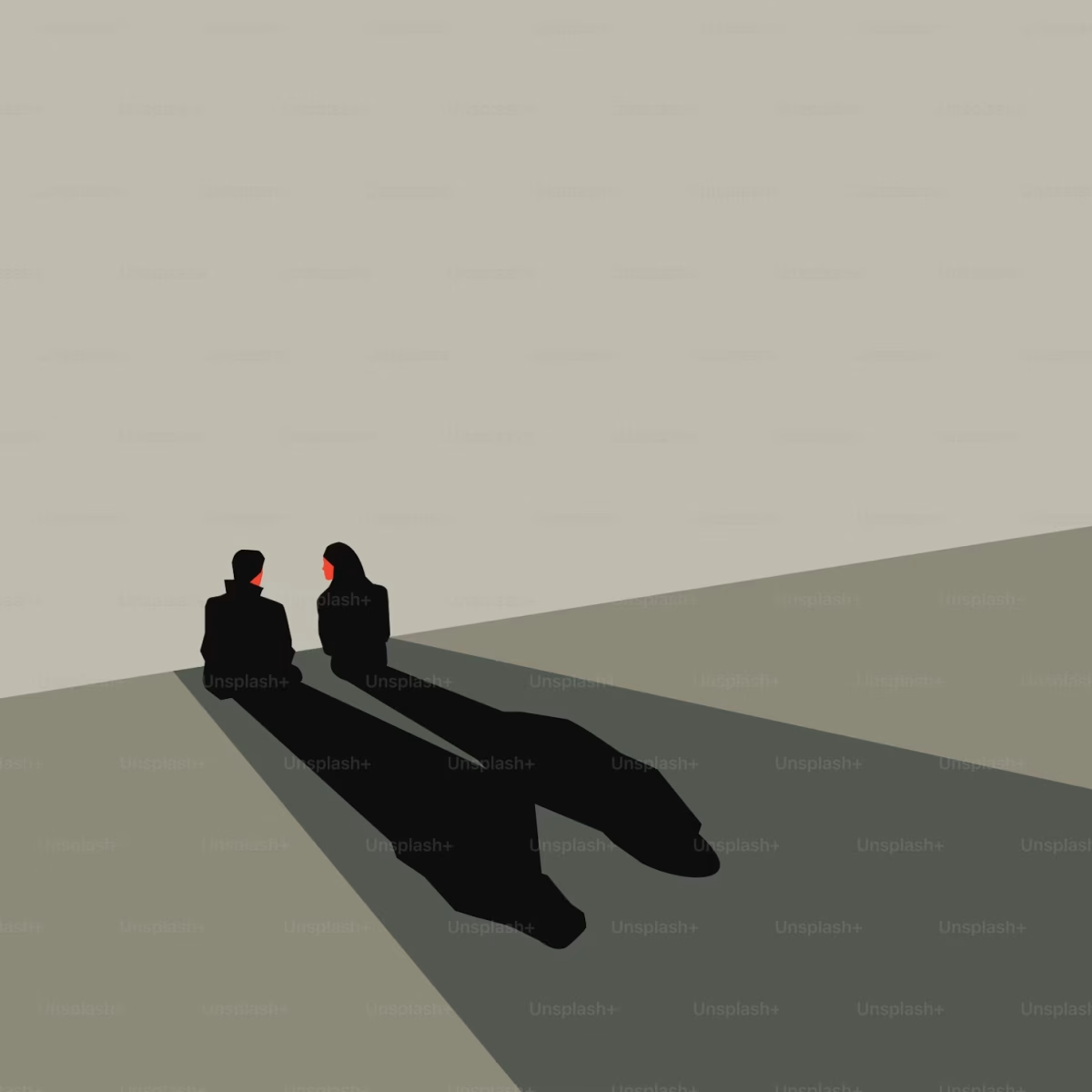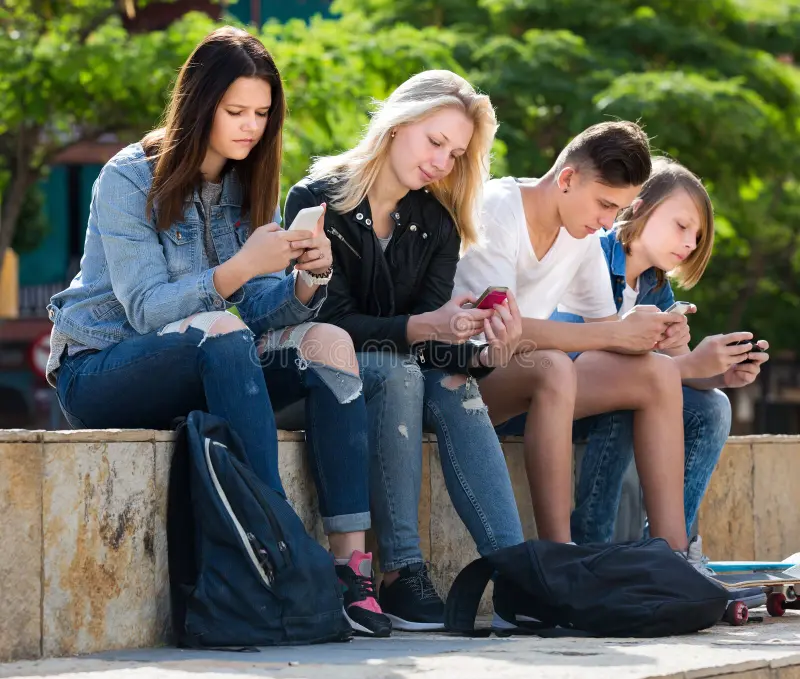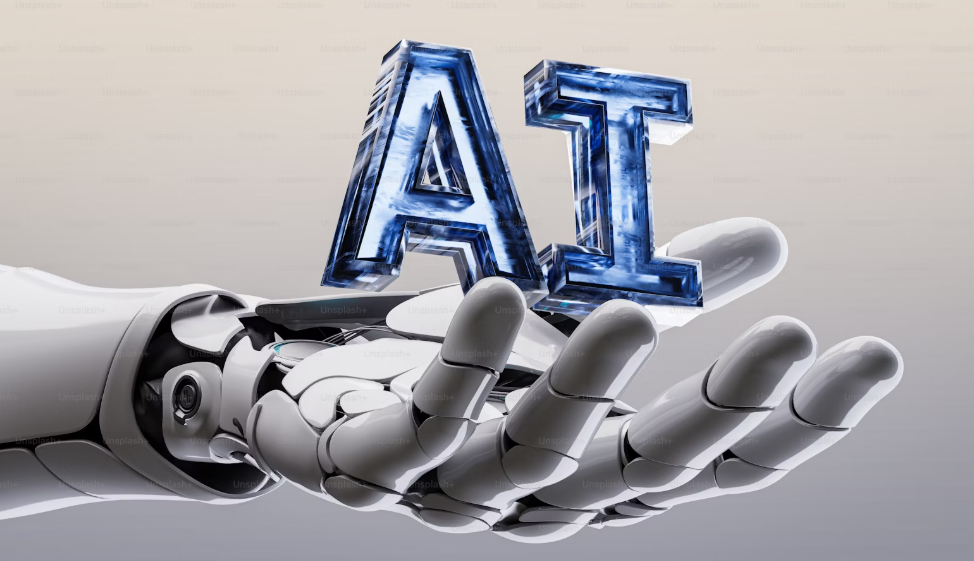The Perks of Being a Wallflower by Stephen Chbosky is a book that explores the world of being a teenager and showcases the path to self-discovery. The protagonist of the book, Charlie, conveys his emotion to the reader in a raw, powerful way. Every single facet of his thoughts and feelings is unloaded onto the reader in a poignant, intimate way. Reading this book makes you feel like you know Charlie. Charlie feels like a friend who you’re trying to help get past the dark times in life, but who keeps running into obstacle after obstacle. Charlie is trying to discover what it means to be a human being, and being a human being isn’t always beautiful; The Perks of Being a Wallflower very excellently tackles these dark and sad truths of the human experience in honest, realistic ways. Characters get manipulated and abused, teenagers explore their sexualities in unsafe ways, people do drugs and feel the full brunt of the side effects, and mental illness is showcased astutely. The Perks of Being a Wallflower encapsulates the full teenage experience, which is something not a lot of other books can grasp. This subject matter can help those who struggle or have struggled in situations not dissimilar from those seen and experienced by Charlie in the book. This book is a gift to those who have experienced what it means to be human, but this book, and many others, may soon be put in jeopardy by school libraries.
Recently, many books in schools in Bartow County school libraries have been pulled from shelves in a book-banning fiasco. This is a decision that has been made by Bartow County school board members after members of the community brought controversial books to their attention. A Bartow County resident told the Bartow County school board members, “These kids are going to grow up and they’re not going to know right from wrong. They’re going to be filthy people who don’t care what they do because of these books.” This analysis of the impact these challenged books have on students of the Bartow County school district is flawed. This assumption that books are responsible for defining the moral compass of children gives too much credit to both books and children. The most impactful external experience that influences children’s decision-making skills and morals is their parents. It is a parent’s job to teach their kids what the difference is between good and bad and to blame literature for a child’s bad behavior is blasphemous to the concept of taking information and being influenced by the world around them. According to Audun Dahl and Melanie Killen, researchers on morality in children, “Key constituents of morality emerge early in ontogeny: by their fourth birthday, most children express obligatory judgments based on moral concerns with others’ welfare, rights, and fairness through spontaneous reactions and reasoning about perceived violations.” The concept of knowing right from wrong is something taught in infancy, and the ideals and beliefs of a book written for teens or young adults will not make an impact on this development in children. Those kinds of decisions are influenced by their parents and peers around them, and to solely attribute decision-making to books wholly discredits the role of socialization in human society. Not a single child in the age range where moral development happens can chalk up their ideals and beliefs to books that are commonly challenged and banned by school districts across the country. For example, people do not take up smoking because of reading. That is a decision they decide due to the influence of their peers, not because of the content of a book. Reading books does not influence the composition of a person or their morals, sexuality, political beliefs, etc. Although these issues exist within the context of a story, the point of the story is not to advertise or promote these controversial details, instead, these details are used in conjunction with the theme of the story to provide a message to the reader. To circle back, while there is controversial content within The Perks of Being a Wallflower, the point of the book is to convey the message that Stephen Chbosky so excellently states in his book, “We accept the love that we think we deserve.” The purpose is to wrestle with this idea, to view the story holistically and not in its pieces.
The purpose of these controversial subject matters in literature within school libraries is to inform students of the experiences that some people undergo, help those who have gone through bad experiences find solace in seeing that experience referenced and tackled in a book, and expand the knowledge of those that may not ever think about these new ideas and experiences showcased in these books. Many students would never think of these things described in these books, but these things that are described are seen as a reality for many people, so it is only beneficial for this reality to be showcased to and explored by the students. Another resident of Bartow County states, “Taxpayers’ money is being used to buy these books. Some say they’re trying to ban books. This, that, and the other. No, no. You can go and buy these books. I’m just complaining about the school system furnishing these books.” Banning books might not remove the book entirely, but may remove complete access to the books for some individuals. Simply suggesting to “buy these books” is a disservice to those who are of lower-income families. Not everybody has equal opportunities to purchase and read books; this is the very concept behind libraries. Libraries are hubs of knowledge available to everyone for free, regardless of your salary. The argument could be made that you can still go to the Cartersville Public Library to check out these books, but this argument wraps back around the issue of equal opportunity. It costs gas money and time to go to the library and not every household has a car. These issues are all mitigated by the library of the school a student attends. These books in the school are easily and instantly accessible to every student, regardless of any of these outside factors. Why should the opinions and beliefs of one group of people have an impact on the accessibility of information they disagree with? Not everyone will share the beliefs of those who want the books removed, and if those who don’t agree with those books don’t want their kids reading the books, then they can just use their discretion with their children on what they can read. Their child isn’t forced to check these books out from the library, and if a parent has a problem with the content of a book, then they can simply tell their child not to check it out. Even if a book is removed from school libraries, access to the book does not disappear. There is no way to place an embargo on a book. If a student wishes to read a book, the internet gives them that capability.
The final decision made in the issue of book bannings in the schools of Bartow County is to have people submit formal complaints about the contents of books, and a board of many individuals will review and analyze the contents of the said book before deciding to remove the book from high schools. This decision is sound, but it still runs into the issue of bias. The criteria being used to determine whether or not a book should be removed from school libraries is The Miller Test. The qualities that will get a book banned as described in The Miller Test are the following: “The average person would find the work to be of prurient interest, the work describes or depicts explicit conduct that is against the applicable state or regional laws, and the work lacks political, artistic, scientific, or literary value.” The problem with these guidelines can be described in a single word: “subjectivity.” All of these aspects that can make a book fail The Miller Test are up for debate. Why should the opinions and beliefs of one person on whether a book is too obscene for school libraries reflect the state-wide opinion on whether books are appropriate? The opinions of an individual on the content of a book are not the global opinion of those who read books. If the people on the board come to a decision to ban a book because it goes against their beliefs in what is right, who’s to say that there isn’t a student of Bartow County in support of the opposition due to another aspect like religion? If these are the qualifying guidelines for books that should be banned, then there will be no books left to read, and history will be erased.
The decision the board of Bartow County made will only prove itself to work with time. We can only hope that those on the decision-making team live up to their names and make good and well-informed decisions.
Life is beautiful, but with that beauty comes pain, unhappiness, and imperfections. Ray Bradbury writes in his book, Fahrenheit 451, “So now do you see why books are hated and feared? They show the pores in the face of life. The comfortable people want only wax moon faces, poreless, hairless, expressionless.” Life isn’t perfect, and books can help us to better understand these complexities of life.
To make your voice heard on the issue of banned books in Bartow County schools, sign this petition: https://chng.it/FFygTPtNfT


